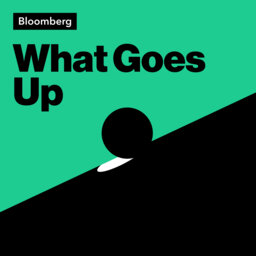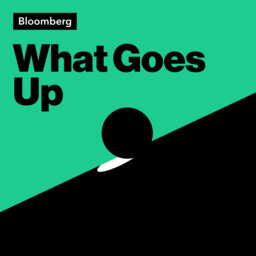Flash Boys in the Crypto Cloud
Institutional investors are playing a more-influential role in crypto markets as retail traders retreat, and that explains much of the recent range-bound price action, according to Michael Safai of proprietary trading firm Dexterity Capital.
“We might have been playing checkers two years ago,” said Safai, whose firm traded more than $1.2 trillion in crypto last year. “We’re playing chess now.”
Safai joined the What Goes Up podcast this week to discuss the state of the digital-asset market and how high-frequency crypto trading strategies differ from the famous “Flash Boys” of the stock market.
In 1 playlist(s)
What Goes Up
Hosts Mike Regan and Vildana Hajric are joined each week by expert guests to discuss the main themes…Social links
Follow podcast
Recent clips

Listen Now: Beak Capitalism from Odd Lots
00:59

Elon, Inc: Elon Musk Bingo on Tesla’s Earnings Call
27:39

Introducing: Bloomberg News Now
00:51
 What Goes Up
What Goes Up